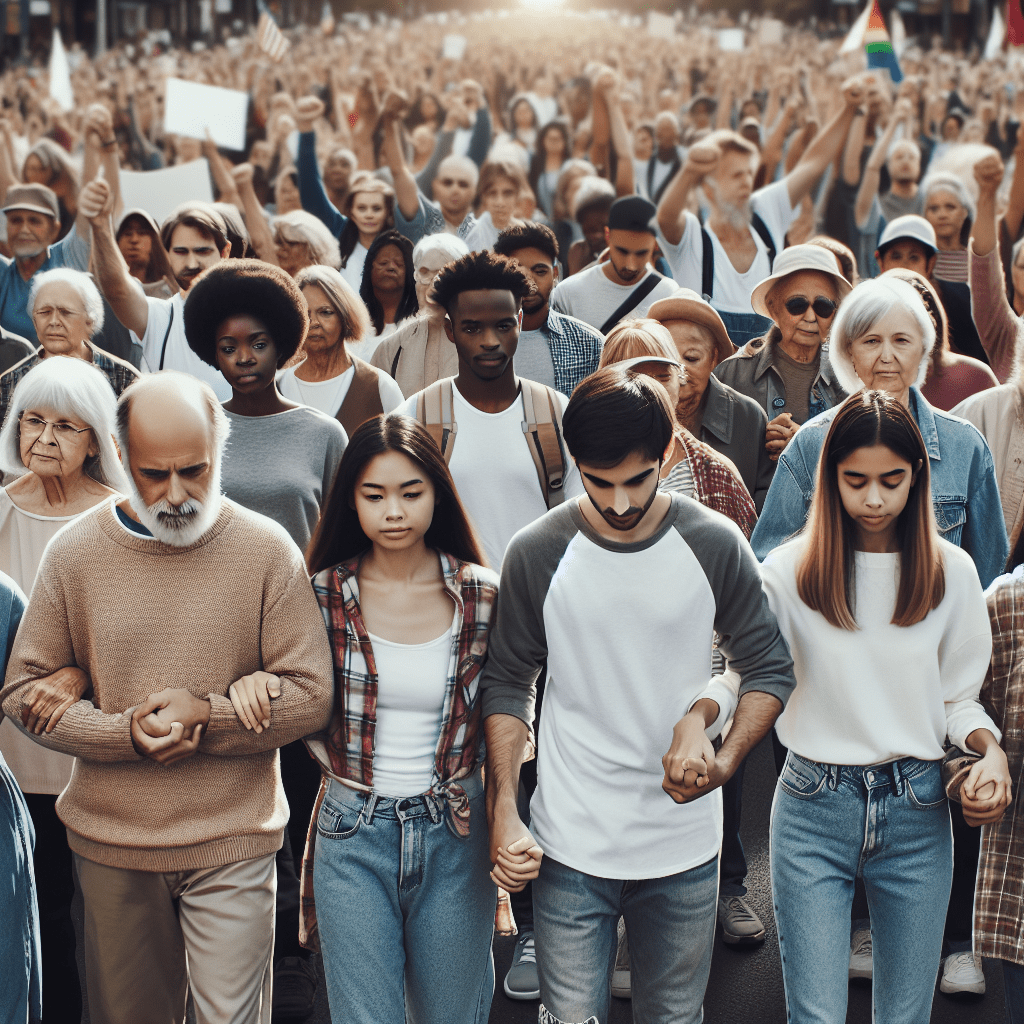Martin Luther King Day: Celebrating the Legacy of a Civil Rights Icon
Martin Luther King Day is a federal holiday in the United States that commemorates the life and achievements of Martin Luther King Jr., a prominent figure in the civil rights movement. Observed annually on the third Monday in January, the day serves as a reminder of the transformative impact King had on American society and his unwavering commitment to racial equality and justice. This article explores the significance of Martin Luther King Day and the enduring legacy of Dr. King.
The Origins of Martin Luther King Day
Martin Luther King Day was established to honor the memory of Martin Luther King Jr. and to encourage individuals and communities to reflect on the principles he fought for. In 1983, President Ronald Reagan signed a bill designating the third Monday of January as Martin Luther King Day, and it was first observed as a national holiday in 1986.
The choice of January for the holiday is significant as it falls near Dr. King’s birthday, which is on January 15th. This date holds particular importance as it provides an opportunity to celebrate the life and accomplishments of one of the most influential leaders in American history.
Honoring the Legacy of Martin Luther King Jr.
Martin Luther King Day serves as a call to action, challenging individuals to consider how they can contribute to creating a more inclusive, just, and equal society. It is a day to reflect on the principles of non-violence, equality, and justice that guided Dr. King’s work.
Many communities and organizations across the country commemorate Martin Luther King Day with various events, such as parades, volunteer activities, and educational programs. These activities aim to promote dialogue, understanding, and the pursuit of equality. Through engaging in service projects and civil rights discussions, individuals can actively contribute to the realization of Dr. King’s dream.
The Impact of Dr. King’s Legacy
Martin Luther King Jr. dedicated his life to fighting racial discrimination and promoting equality. His leadership played a pivotal role in ending segregation and culminated in the passage of the Civil Rights Act of 1964 and the Voting Rights Act of 1965. Dr. King’s vision and eloquence continue to inspire generations of activists and advocates around the world.
His powerful speeches, including the legendary “I Have a Dream” speech delivered during the March on Washington in 1963, have become iconic symbols of hope and perseverance. Dr. King’s emphasis on non-violent protest as a means of effecting social change influenced generations of activists, including those involved in the struggle for civil rights, gender equality, and LGBTQ+ rights.
The Continued Relevance of Martin Luther King Jr.’s Message
While progress has been made since the days of the civil rights movement, systemic racism, discrimination, and inequality persist in societies around the world. Martin Luther King Jr.’s message of equality and justice remains as relevant today as ever. His teachings remind us of the importance of combating racial inequality, economic disparities, and other forms of oppression.
Martin Luther King Day is an occasion to renew our commitment to these principles and to work towards creating a more just and inclusive society. It presents an opportunity for individuals and communities to engage in dialogue, education, and activism that can lead to positive change.
Notes
Image Description
The image shows a diverse group of people holding hands and marching together in a peaceful demonstration. The group includes individuals of different races, ages, and genders, symbolizing unity and solidarity in the pursuit of equality and justice.
